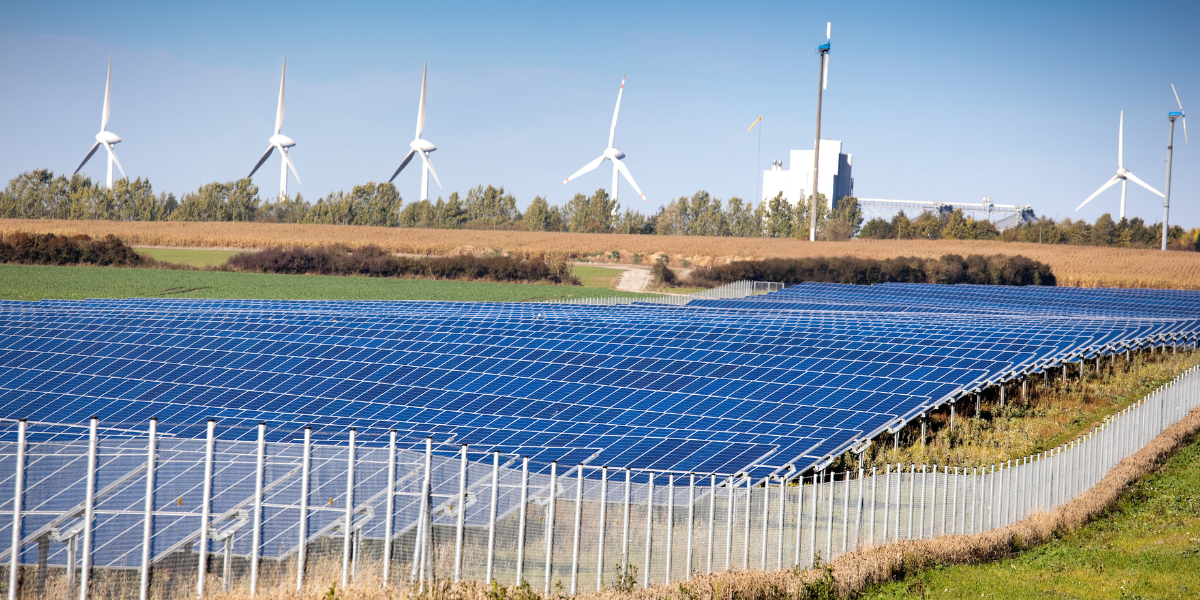CIDSE official submission to the UN Special Rapporteur on Climate Change, April 2025
In response to the call for inputs by Elisa Morgera, Special Rapporteur on Climate Change, to inform her thematic report on the promotion and protection of human rights in the context of climate change to the Human Rights Council, CIDSE submitted a contribution on human rights in the life cycle of renewable energy and critical minerals.
The document consists of the following sections:
- Introduction
- Human rights impact of renewable energy development
- Human rights impact of the life cycle of critical minerals
- International law is relevant for protecting human rights in the life cycle of renewables and critical minerals
- Moral framework and alternatives inspired by Catholic social teachings
- Recommendations
- Conclusions
Read the submission to see the CIDSE recommendations.
Rooted in Catholic social teachings, a truly just and equitable transition demands a transformative shift to renewable energy systems that reduce or eliminate reliance on critical minerals and that have at their core strong human rights, social and environmental safeguards throughout their lifecycle.
By embracing alternative renewable energy models and strengthening legal and corporate accountability and due diligence, the international community can ensure a future where climate action and human rights are mutually reinforcing, leaving no one behind. This requires a fundamental re-evaluation of power imbalances and a commitment to placing the well-being of people and the planet ahead of short-term economic gain.
CIDSE contact: Lydia Machaka, Energy and Extractivism Officer (machaka(at)cidse.org)
Cover photo: Renewable energy park. Credit Getty Images.

